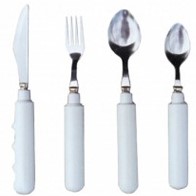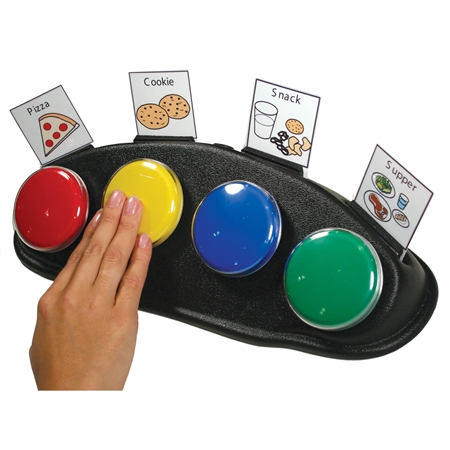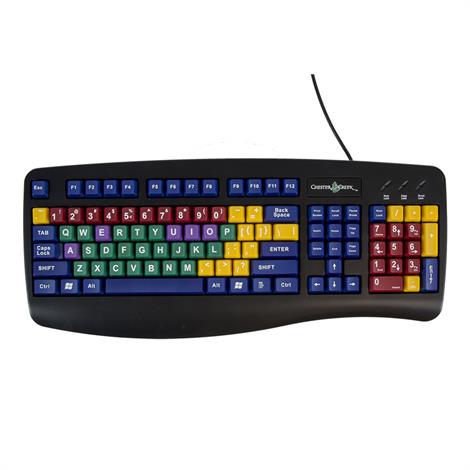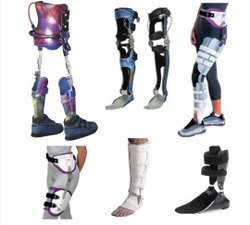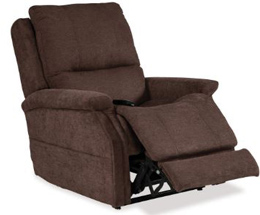Assistive technology is a broad term for a range of products including mechanical devices, electro-mechanical contraptions, smart devices, computers, software systems. with sensors, controllers and machinery/equipment. Assistive, adaptive, and rehabilitative devices are for people with disabilities or the elderly who often have difficulty performing activities of daily living independently, or even with assistance.
Adaptive Technology is a subset of assistive technologies. It is specifically designed for a very specific segment of people. Adaptive technology is usually custom-designed by industrial designers while working with rehabilitation specialists and medical teams.
Wiseman’s focus on assistive technologies is towards transfer assist devices/equipment, home-based hospital beds, robotics aided rehabilitation devices as well as software-based applications which will be merged into connected care space to feed data directly to the point of care.
Categories of Assistive Technology Devices

Sensory Enhancing Technology
Sensory Enhancing Technology
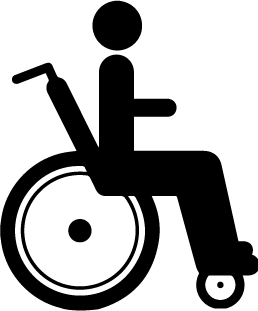
Mobility Enhancing Technology
Mobility Enhancing Technology
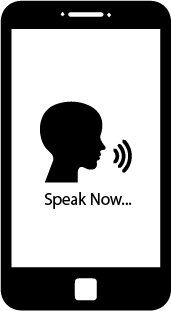
Cognitive Assistance Technology
Cognitive Assistance Technology
Assistive technology can range from no and low-tech solutions to high-tech solutions They can range from products for people who are blind or visually impaired, for people who are deaf or hard of hearing, those with speech disabilities and specifically for those who need mobility. assistance. Under the AT umbrella, there are products for aiding daily living and those with functional limitations due to aging and for environmental adaptations.
Wiseman’s engineering innovation team is actively pursuing new ideas and concepts in the Assistive Technology space. Please reach out to our Engineering Innovation team to discuss how we can help.
Smart Technologies for Special Needs and Disabled Individuals
The aim of smart technologies is for creating Independence for those with disabilities. These smart technologies/equipment can range from Aids for Daily Living, Augmentative Communication, Computer Access Aids, Environmental Controls, Home/Workplace Modifications, Prosthetics and Orthotics, Mobility Aids, Seating and Cushioning, Sensory Aids for Vision, Hearing Impaired, rehabilitation robotics, smart hospital beds, wheel chairs and other objects, . Vector prosthesis equipment, crutch medical, prosthetic artificial foot and hand.
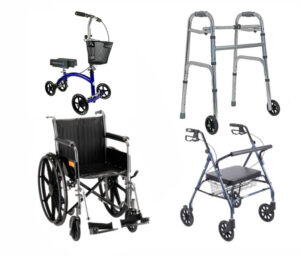
Mobility Aids
Mechanical Devices that assist people move within their environments: electric or manual wheelchairs, modifications of vehicles for travel, scooters, crutches, canes and walkers.
Smart Hospital Beds
Smart medical beds are integrated solutions for patient care, assistance and monitoring, based on a comprehensive, multidisciplinary design approach between clinicians, mechanical engineers, industrial engineers, electrical and electronics engineers as well as computer engineers.


Rehabilitation Robotics
Rehabilitation robotics is a field of research dedicated to understanding and augmenting rehabilitation through the application of mechanical and robotic devices/aids. Rehabilitation robotics is yet another cross functional expertise which combines the work for clinicians, rehabilitation specialists, mechanical engineers, industrial design engineers, electrical engineers, robotic kinemetic experts as well as computer engineers. These equipment are very sophisticated contraptions with sensors, mechanical as well as pressure dynamometers, computer aided sensor and activation controls and collect data from multiple data points on the body. Exoskeleton based robotics is an advanced form of rehabilitation robotics.
Other Rehabilitation Equipment
Wheelchair and other various objects for disabled peoples. Vector prosthesis equipment, crutch medical, prosthetic artificial foot and hand.

Wiseman’s cross-functional engineering innovation team is actively pursuing new ideas and concepts in the Assistive and Adaptive Technology space. Please reach out to our Engineering Innovation team to discuss how we can help.

